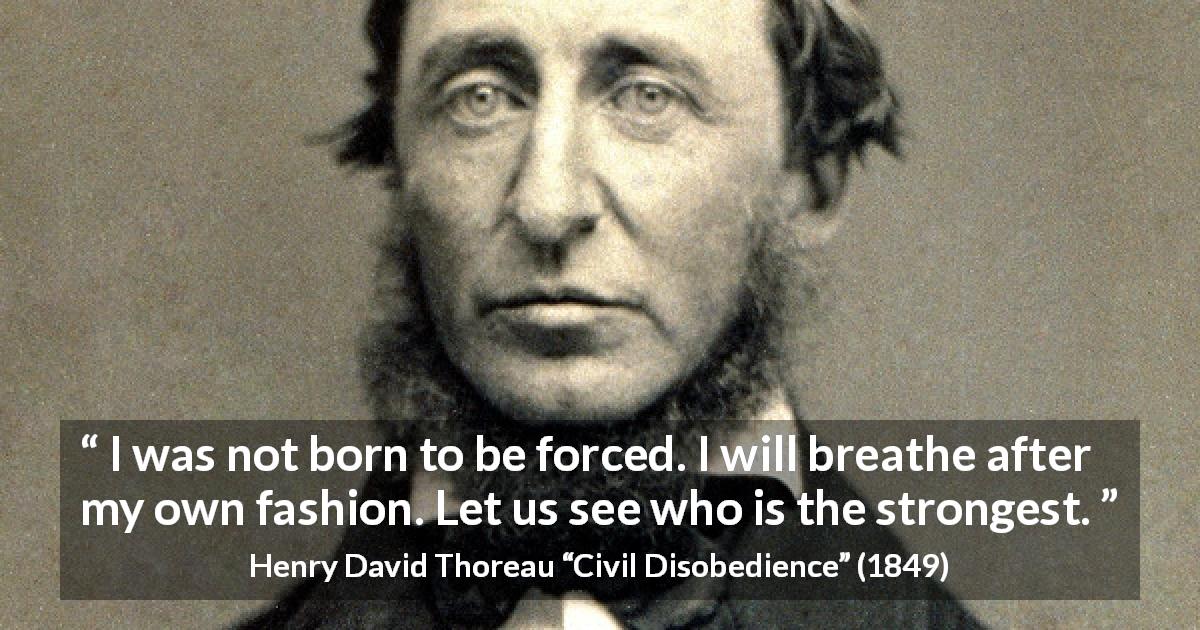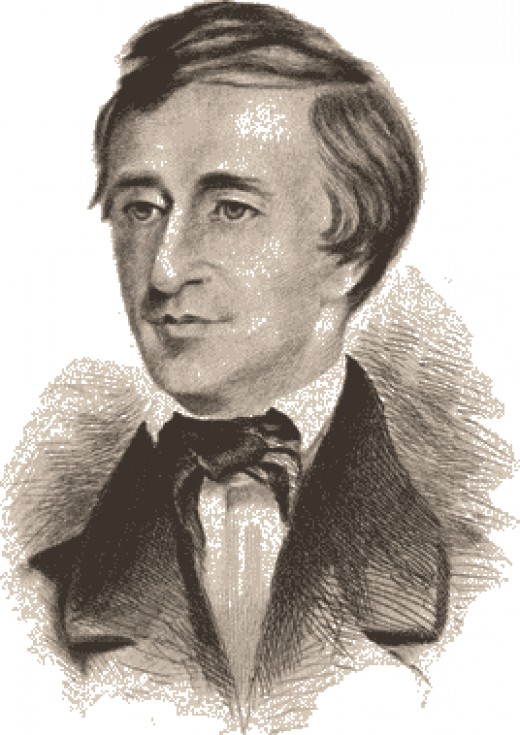
The position of the majority, however legitimate in the context of a democracy, is not tantamount to a moral position. Thoreau turns to the issue of effecting change through democratic means. It may not be convenient to resist, and the personal costs may be greater than the injustice to be remedied however, Thoreau firmly asserts the primacy of individual conscience over collective pragmatism. Thoreau takes issue with William Paley, an English theologian and philosopher, who argues that any movement of resistance to government must balance the enormity of the grievance to be redressed and the "probability and expense" of redressing it. A man disgraces himself by associating with a government that treats even some of its citizens unjustly, even if he is not the direct victim of its injustice. In the American tradition, men have a recognized and cherished right of revolution, from which Thoreau derives the concept of civil disobedience. Along these lines, Thoreau does not advocate a wholesale rejection of government, but resistance to those specific features deemed to be unjust or immoral. Resistance is the highest form of patriotism because it demonstrates a desire not to subvert government but to build a better one in the long term.

In cases where the government supports unjust or immoral laws, Thoreau's notion of service to one's country paradoxically takes the form of resistance against it. He cites as a prime example the regulation of trade and commerce, and its negative effect on the forces of the free market.Ī man has an obligation to act according to the dictates of his conscience, even if the latter goes against majority opinion, the presiding leadership, or the laws of society. Thoreau views government as a fundamental hindrance to the creative enterprise of the people it purports to represent. Government inherently lends itself to oppressive and corrupt uses since it enables a few men to impose their moral will on the majority and to profit economically from their own position of authority.

A case in point is the Mexican war (1846-1848, which extended slavery into new US territories), orchestrated by a small élite of individuals who have manipulated government to their advantage against popular will.

Thoreau opens his essay with the motto "That government is best which governs least." His distrust of government stems from the tendency of the latter to be "perverted and abused" before the people can actually express their will through it.


 0 kommentar(er)
0 kommentar(er)
